Burundi seems a lot closer once you meet someone who was born there. Remember Diane? She told us a lot of interesting things about Burundi and now we’ll share them with you.
Where is Burundi?
Burundi is easy to spot on the map precisely because it is one of the smallest African states! Lying between DR Congo and Tanzania, Burundi (red) and Rwanda (its northern neighbor) stand out.
What do Burundians say?
Burundians say amahoro! This common greeting means “peace” in Kirundi – the official language of the country.
Is this the only Kirundi word you know? No worries, most people here speak French and some English also.
Who are the Burundians?
Burundians are Hutu, Tutsi and Twa – the three ethnic groups inhabiting the country.
Their livelihood is mainly based on agriculture. Cattle are highly valued and, since they are associated with wealth, it’s no wonder people write songs praising them. These songs are called ibicuba.
Art is set as the pillar of community through the drum rituals. Peace, the alternation of the seasons and prosperity were once sustained by the magical rhythm of the drums which still accompanies births, weddings and funerals.
Tradition has found its way in the work of contemporary artists next to modernist elements. The creations of the new, young artists are imaginative medleys pointing towards cultural transformations and the different environments the artist came into contact with.
Photographer Chris Schwagga is one of the artists who makes bold combinations of traditional and contemporary elements.
Burundian names
On the 7th day of life, Burundian children receive two names.
The first one is usually an international, French or Christian given name like Pierre or Maria. In rare cases, the child can receive two such “given names”. At times, local given names are used like Bucumi (the tenth child in the family). The parents are those choosing the name(s), although, sometimes, they leave this task in the hands of the priest.
Some of the French inspired given names, like Immaculée are actually very rare in France. Therefore, we could say they are rather specific to Africa, despite their French origin.
The second name that the children receive is the surname, which is a traditional Kirundi name. Unlike the European surname, it is not shared with other family members, not even a spouse.
Each child has a unique, specially designed “family name”, given by the parents.
Some of the last names have religious meaning: Havyarimana (God gives birth), Niyongabo (God is a warrior), Hakizimana (God heals); while others are based on the circumstances and the events surrounding the moment of birth. For example Ndirahisha (Belly hides) means the child was very thin, and the mother had a small belly while carrying the baby.
This special naming system gives the Kirundi children two families: the one in which they grow up and the family of those born in similar circumstances. In the latter, the members have a greater chance of sharing a name.
Towards better times
Burundi passed through difficult and violent moments which are reflected in names: Baranyanka (they hate me), Ndikumagenge (I’m in danger), Nzobatinya (I will be very careful around them).
Yet, peace is always the ultimate goal so parents made sure this thought is spoken and spread through the name of their children: Tugiramahoro
(Let’s have peace), Ndekatubane (Let us live together), Ndikubagenzi (I have friends).
We also have friends in Burundi and would like to thank them for sharing their country’s history in names. It’s amazing to find out we share names (Maria, Pierre) and hopes (Let’s have peace) with people from a place we didn’t know much about before and we are eager to discover what the next generation’s names will be like.
Photo Sources:
- Drum ceremony http://www.mysinchew.com/node/107617
- Photography by Chris Schwagga http://www.designindaba.com/sites/default/…itok=FMSMkoK6

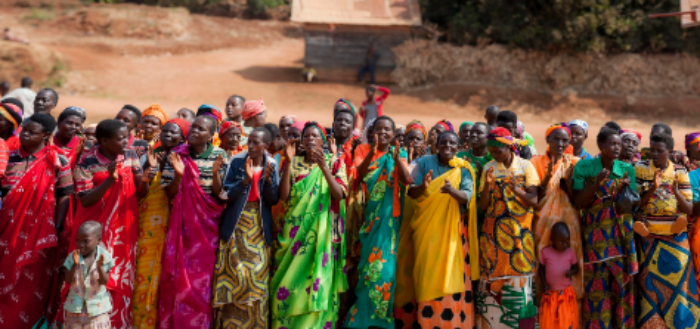
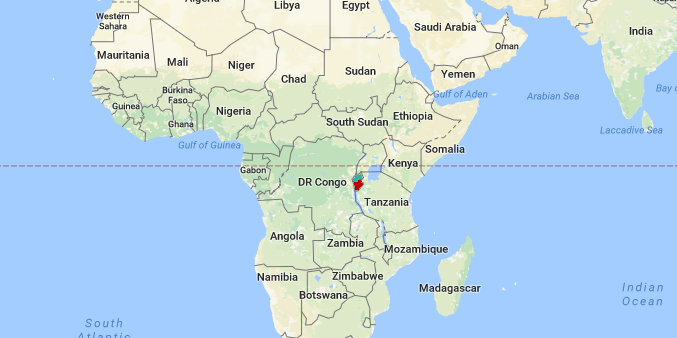
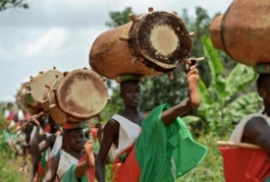
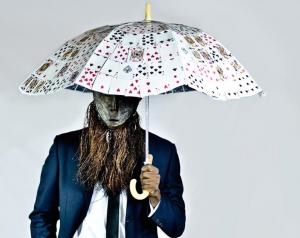
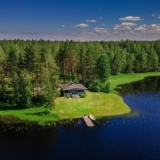
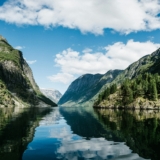
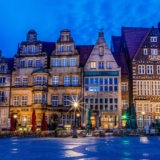

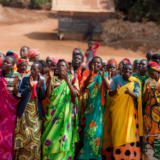
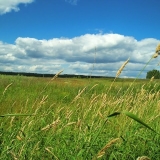
Really cool post. I know so little of this tiny country in the middle of Africa. Amazing how the place rarely if ever makes the headlines. When I make my way to Africa for safari I will definitely keep it in mind to add to my travel list.
I love learning about new cultures. A very informative post. Extremely good words!
Cheers,
Ben.
I am from Burundi, but I now live in Texas. I miss the culture there so much!